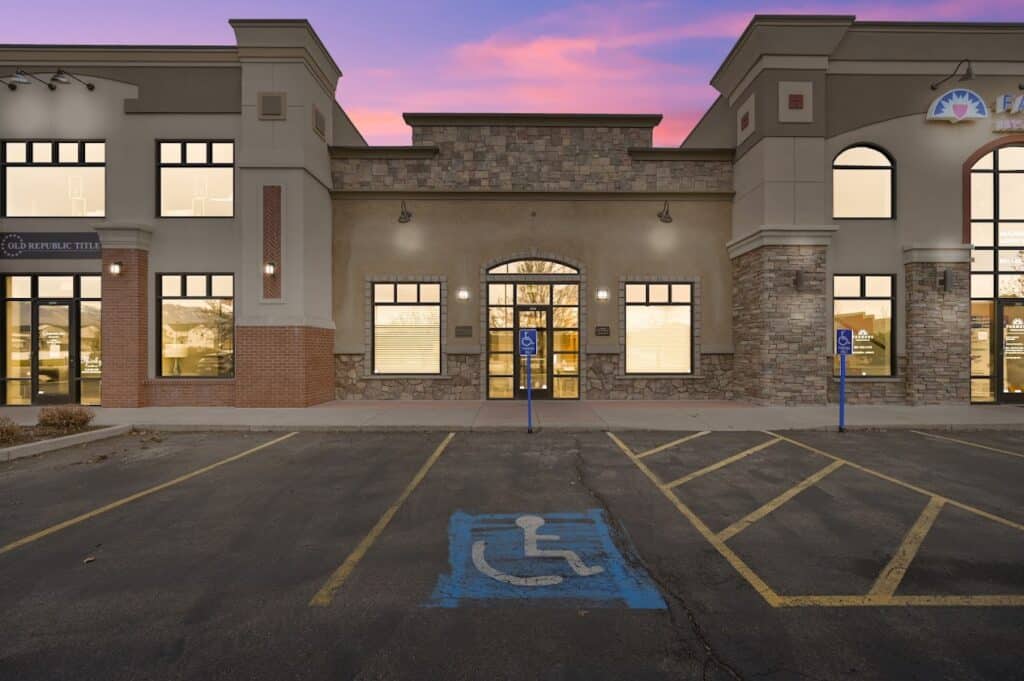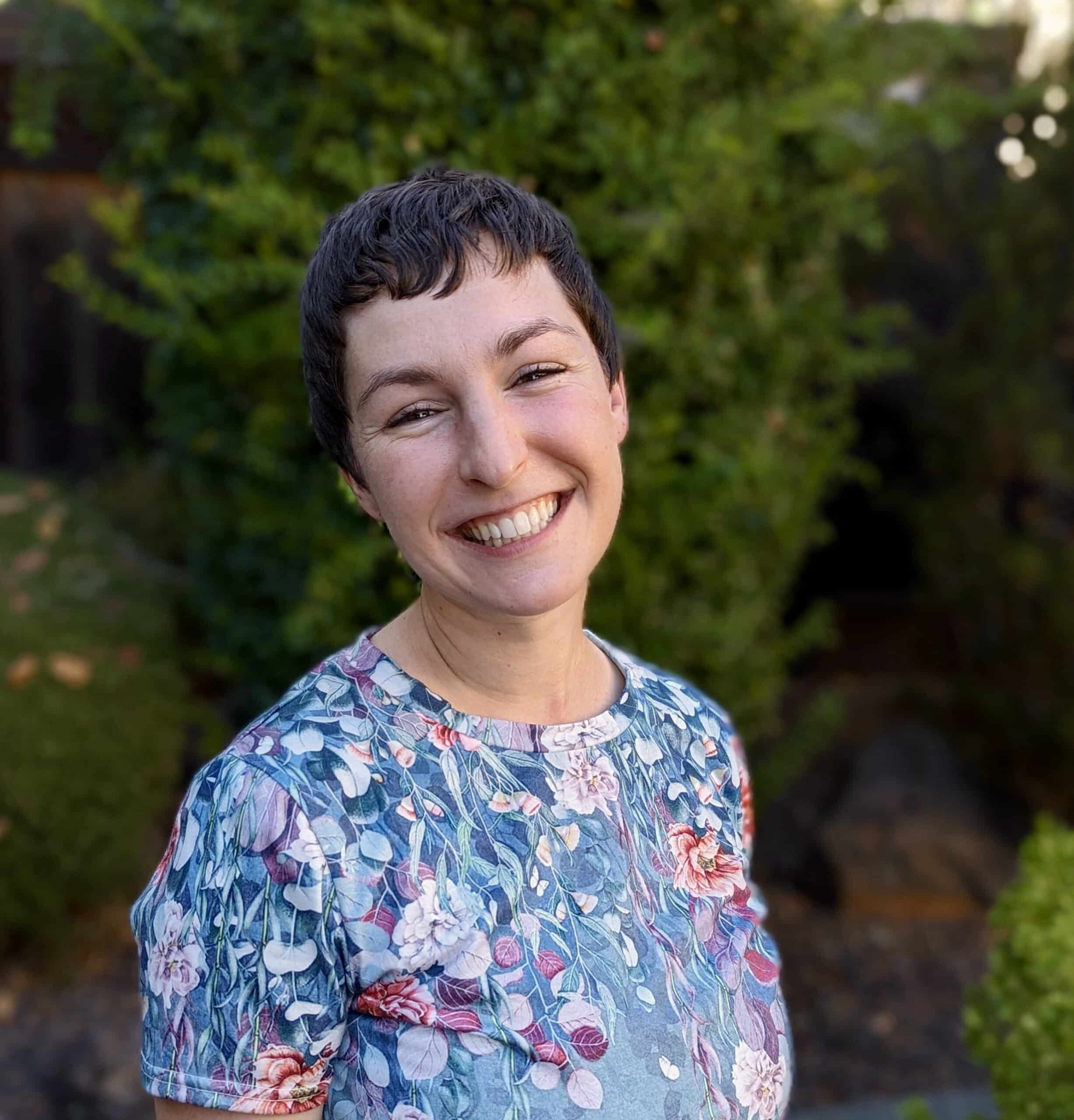Mood disorders are a group of mental health conditions characterized by disturbances in mood, including depression, mania, and hypomania.
Many factors contribute to mood disorders. They are likely caused by an imbalance of brain chemicals. Life events (such as stressful life changes) may also contribute to a depressed mood. Mood disorders also tend to run in families.
There are several types of mood disorders, including:
Description: A condition characterized by having less interest in usual activities, persistent feelings of sadness or hopelessness and low self-esteem, which significantly impact your daily life and persist for at least 2 weeks may indicate MDD.
Symptoms: Continuous low mood or sadness, changes in sleep, appetite, energy level, concentration, daily behavior, feeling tearful, guilt-ridden, irritable and intolerant of others, no motivation or interest in things, finding it difficult to make decisions. Can include thoughts of suicide.
Persistent depressive disorder is a chronic form of depression with continuous, long-term depression, persisting for at least two years. Feelings of sadness and emptiness, loss of interest in daily activities and having trouble getting things done well and on-time. Low self-esteem, feeling like a failure and feeling hopeless. Feelings may last for years and may interfere with your relationships, school, work and daily activities.
Symptoms: The intensity of symptoms can change over time. Low energy, sleep disturbances, and a general feeling of hopelessness, lasting for at least two years. Sadness, emptiness or feeling down, loss of interest in daily activities. tiredness and lack of energy, self-criticism or feeling you’re not capable, trouble focusing clearly and trouble making decisions, quickly becoming annoyed, impatient or angry, avoidance of social activities, feelings of guilt and worries over the past, poor appetite or overeating, and sleep problems.
Bipolar disorder is characterized by extreme mood swings. These can range from extreme highs (mania) to extreme lows (depression). Episodes of mania and depression often last for several days or longer.
Bipolar disorder exists on a spectrum. It includes Bipolar 1 (BP-I), Bipolar II (BP-II) and Cyclothymia. The main difference between Bipolar 1 and 2 is the intensity of manic episodes.
Bipolar 1 involves periods of severe mania whereas Bipolar 2 involves periods of less severe hypomania. Hypomania is a milder version of mania that typically lasts for a shorter period.
People with bipolar I disorder experience mania, which describes episodes of high energy and excitement (mania or hypomania) with extreme mood swings that may last for a week. Typically, a person will also experience alternating periods of depression or a neutral mood.
Mania is a state of elevated mood, energy, and activity levels, while hypomania is a milder form of mania.
Symptoms: During manic phases, you may feel very high or elated and excited with lots of energy for a few days with inflated self-esteem. You may be extremely physically active, appear agitated with racing thoughts, be more talkative or speak very quickly, feel able to do many things without getting tired, have impulsive behaviors such as spending money and excessive appetite for pleasurable activities including sex, feel easily distracted or irritated and have difficulty sleeping.
Depressive episodes involve symptoms similar to MDD.
Criteria for a diagnosis of Bipolar 2 include at least one lifetime hypomanic episode, at least one lifetime major depressive episode and where neither of these episodes were the result of medication, substances, or another medical illness. Bipolar II disorder is diagnosed when a person experiences a pattern of depressive episodes and hypomanic episodes, but not the full-blown manic episodes found in bipolar I disorder.
Symptoms: Those with Bipolar 2 experience similar, but less intense symptoms in a hypomanic episode than do those with Bipolar I. You may have a decreased need for sleep, spend excessively, fly quickly from one idea to another, be hypersexual, have increased energy and hyperactivity, have an inflated self-image, pursue grandiose, unrealistic plans, have rapid, uninterruptible or loud speech and abuse substances.
Depressive episodes in Bipolar II disorder may include depressed mood (persistent sadness), feelings of guilt or worthlessness, loss of interest or pleasure in activities, low energy and activity.
A milder form of Bipolar Disorder with less severe mood swings alternating from extreme happiness to low energy. It may not fit all the diagnostic criteria of a manic or depressive episode and in fact can be difficult to diagnose for this reason. To be diagnosed with cyclothymia, one cannot have more than two symptom-free months in a row.
Symptoms: Periods of hypomanic symptoms (less severe than full-blown mania) and periods of depressive symptoms for at least two years..
SAD is a type of depression associated with late autumn and winter and thought to be caused by shorter days and a lack of light. There are two types of SAD:
Fall-onset.This is also called “winter depression.” Symptoms of depression begin in the late fall to early winter months and ease during the summer months.
Spring-onset.This is also called “summer depression.” Symptoms of depression begin in late spring to early summer. This type is much less common.
Symptoms: Fatigue, depression, hopelessness, and social withdrawal. Loss of interest and pleasure in activities formerly enjoyed, Increased sleep and daytime drowsiness. Irritability and anxiety, feelings of guilt and hopelessness, decreased sex drive, decreased ability to focus or concentrate, trouble thinking clearly, increased appetite, especially for sweets and carbohydrates, weight gain.
Effective treatment for mood disorders typically include psychotherapy, medications, or a combination of both.
Antidepressant and mood stabilizing medicines work well when combined with psychotherapy.
The most commonly used psychotherapeutic approach for mood disorders is Cognitive-Behavioral Therapy (CBT), which helps individuals identify and challenge negative or distorted thoughts and beliefs, develop coping strategies, and learn problem-solving skills.
Other types of psychotherapy, such as interpersonal therapy (IPT) and mindfulness-based therapy, may also be effective.
Light therapy and antidepressants can help treat SAD.
Treatment for mood disorders may need to be individualized to the specific needs and symptoms of each individual.
It may take time and trial-and-error to find the most effective treatment for each person.
If you or a loved one is in need of help for a mood disorder, reach out to us at Corner Canyon Health Centers.

We are specifically formulated to offer personalized therapeutic interventions to adult individuals with mental health disorders.

We provide a comprehensive Intensive Outpatient Program (IOP) that offers clients the opportunity to attend group therapy sessions three to five times a week.
© Copyright 2024 Corner Canyon™ | All Rights Reserved | Privacy Policy
